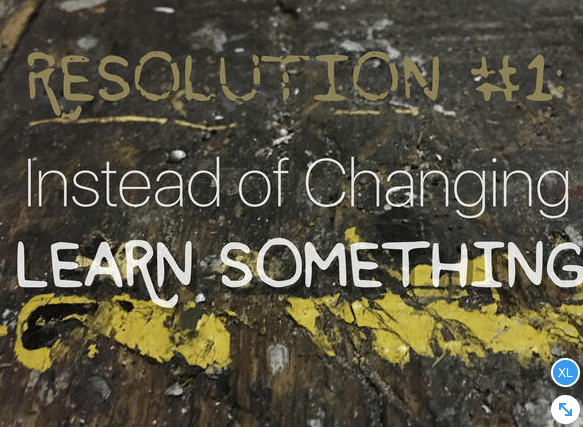A coaching session can vary significantly based on the context (e.g., executive coaching, life coaching, sports coaching), the goals of the coachee, and the coaching methodology being used. However, there are several key elements that are commonly covered in many types of coaching sessions to ensure they are effective and meaningful for the coachee. Here’s a broad overview of what you might cover:
1. Goal Setting
- Clarify Goals: Establish or review the coachee’s goals to ensure they are specific, measurable, achievable, relevant, and time-bound (SMART).
- Long-Term Vision: Discuss the coachee’s long-term objectives and how current goals align with this vision.
2. Review of Progress and Accountability
- Previous Actions: Review actions and commitments made in previous sessions.
- Successes and Challenges: Discuss what has been successful and any obstacles encountered.
3. Exploration and Discovery
- Current Situation: Explore the coachee’s current situation in depth to understand the context and nuances.
- New Insights: Encourage self-discovery and new perspectives on challenges and opportunities.
4. Strategy and Planning
- Action Steps: Develop concrete steps the coachee can take to move towards their goals.
- Problem-Solving: Collaborate on strategies to overcome obstacles and address challenges.
5. Skill Development
- Identify Needs: Determine any skills the coachee needs to develop to achieve their goals.
- Resources and Tools: Provide or recommend resources, tools, and strategies for skill development.
6. Feedback and Reflection
- Constructive Feedback: Offer feedback on the coachee’s progress, approach, and any observed behaviors.
- Self-Reflection: Encourage the coachee to reflect on their learning, growth, and areas for improvement.
7. Support and Motivation
- Encouragement: Motivate the coachee to persevere through challenges and celebrate their successes.
- Emotional Support: Provide a supportive and confidential space for the coachee to express concerns and emotions.
8. Next Steps and Accountability
- Commitments: Set specific actions the coachee commits to taking before the next session.
- Accountability Mechanisms: Discuss how the coachee will be held accountable for their commitments.
9. Review and Closure
- Session Summary: Recap the key points discussed, commitments made, and any insights gained.
- Feedback on Session: Solicit feedback from the coachee on the session and any adjustments needed for future sessions.
Customization Based on Needs
Every coaching session should be tailored to the individual’s or team’s specific needs, preferences, and the context of their goals. Flexibility in approach and the ability to adapt to the coachee’s evolving objectives are key competencies of effective coaches.







